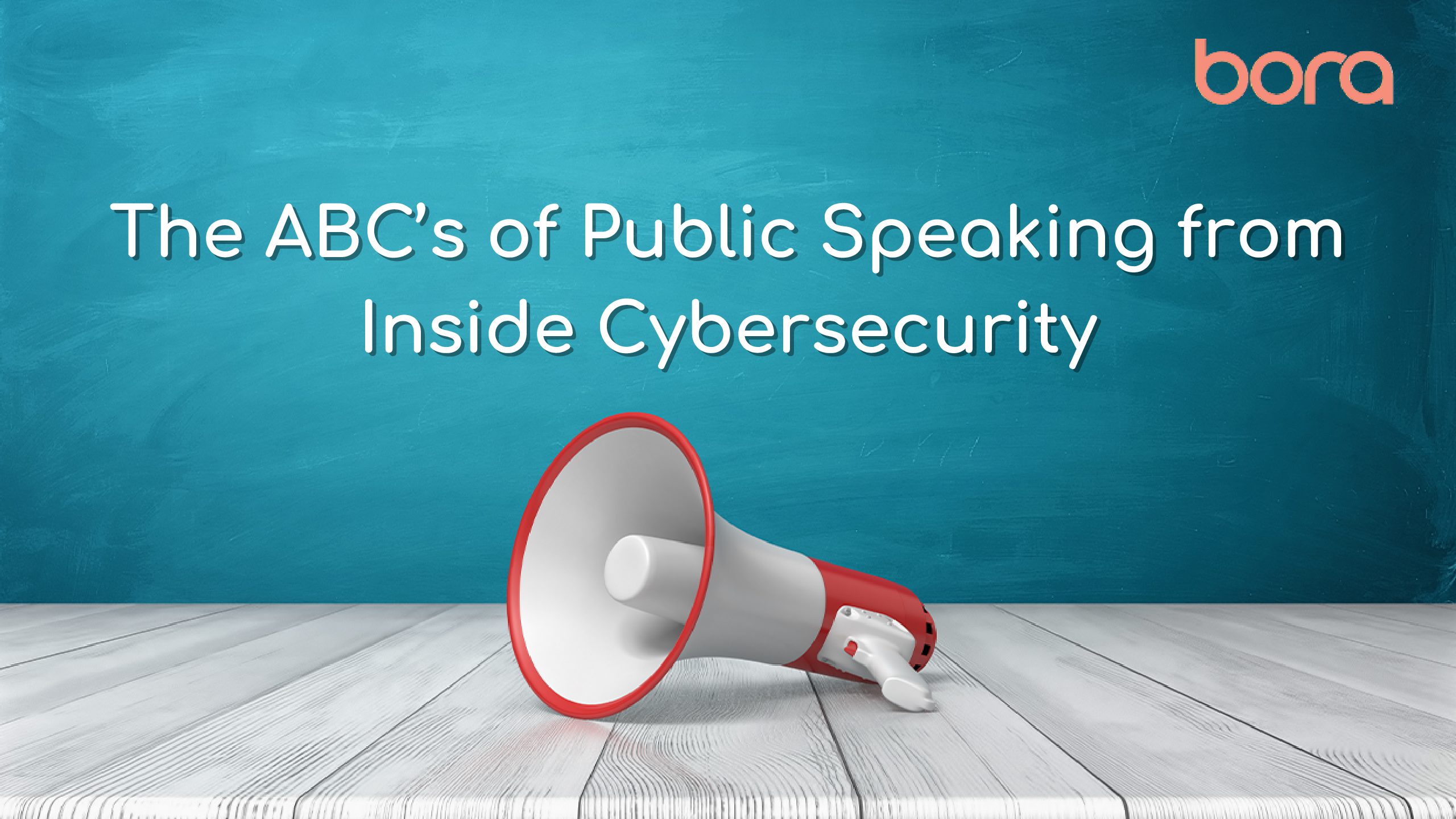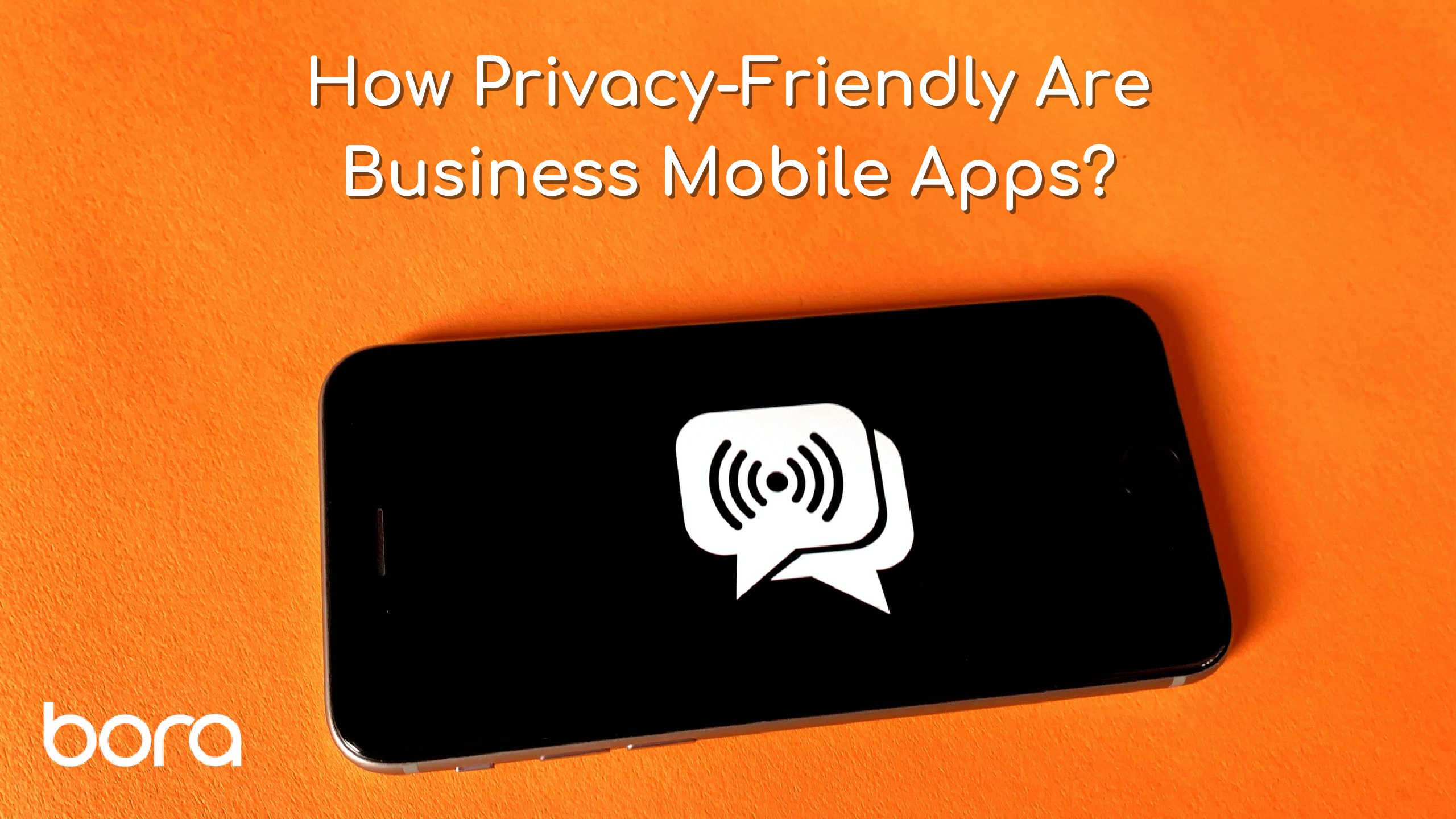Why Commit to Public Speaking?
As an international speaker and having even had the pleasure to keynote a few brilliant conferences, I can promise you there are many benefits to public speaking. It is rewarding to be able to share your passion with a variety of attendees also passionate on a topic, or curious to learn more. Speaking to non-technical persons and to other industry’s different from my own brings a renewed sense of achievement.
Being able to empower others to protect themselves and their loved ones is the entire point of my career path. As brilliant and rewarding as public speaking is, it does come with it’s own challenges, including how to start, what to do when you fail, and many other considerations.
Listen to Peer Advice from Other Cybersecurity Speakers…
The best advice I have ever received in regards to speaking, was when I at the Australian Cyber Security Centre (ACSC) conference in March 2017 – advice was provided by Kate Pearce, as prior to my talk as I was well nervous to present. She said, “You don’t have to be the best [speaker], simply be one better than the worst.”
Whilst you might feel that’s odd advice, consider this, speaking at ACSC in March 2017 was my first massive conference. I was speaking on Secure Communications, and discussing a secure travel kit I had designed, implemented, and managed. Reality was, I was terrified of not being good enough.
Kate’s advice made me pause and realise – why am I trying to compete with people who speak for a living? It’s not a competition, public speaking is a way to share knowledge, and whilst I don’t want to known for being horrendous, I am not there to show off – I’m there to empower. To this day, that is how I approach each event.

What’s Next ? Composing your Speech.
Call for papers (CFP) is a common practice in conference speakers gathering, other lesser common names for it is Call for Abstracts (CFA), and Call for Workshops (CFW) when longer more hands on sessions are requested. If you have never submitted a CFP, it can feel intimidating but let’s break a few common points down:
CREATING YOUR BIO: the majority of the time you have to submit a short write up of who you are – this is used for the website when advertising your talk, but also could be a way to understand who you are. Not all CFP are blind reviews, so it is worth spending a few movements looking at your skills and achievements. I dislike writing bios, so often I will jot down points and ask a friend to draft something.
ABSTRACT: depending on the length between when your conference is and the announcements of speakers, you may have time to build a talk following. However, especially when new to this, I would advise on at the very least having your base research, direction of the talk, and key points to be discussed prior to submission.
If not, realise that some conferences have a backup list of speakers – when I was attending BSides London 2018, I was on said list without knowing and 10 minutes before a 45 minute speaking slot I was asked to present. I knew what I wanted to say, but I didn’t have slides so whilst it was one of my favourite talks – I asked it to not be recorded as I wasn’t confident on my ability to write slides in 10 minutes. When writing the abstract, focus on the direction and key take aways – you can read short abstracts and descriptions of my talks on my website.
TITLE: this is my absolute favourite part of submissions – choosing the title! Some people have a logical approach – key points and overall topic summarised. My approach is what sounds the most ridiculous but still aligns with my topic! In the link in the Abstract section above, you can see where I most succeeded.
EXPERIENCE: when you’re a seasoned speaker you often have at least one recorded engagement that you can share, however, that takes time to build. If you do not have this experience, consider linking even short interviews, your part of an overall longer video with details on minutes you come into speak. If nothing is available, also don’t fret, not all conferences require this, and even better – there are dedicated rookie tracks for some, which I will touch on below.
When being an invited speaker, you are not always required to submit a CFP. Submission or not, some great questions to ask the organisers and to assist in planning your talk I wrote a blog called Building your Talk. If this talk is being submitted to multiple venues, you may wish to tailor it with these questions – and always note in the submission if this is the case.


As you can see, at times you are approved and other times declined – it is not a measure of your intelligence but often more your ability to write a submission. My personal experience is, submissions are not easy things, so even when declined take a moment to review and work on your submission for next time.
Nervous about Speaking Publicly?
Prior to BSides Harrisburg, Chris Cox provided Rae with advice she found most valuable: “It’s ok to be nervous; it just means that you care about your audience and want to give them the best information you can. It doesn’t mean that you’re not capable, it just means that you’re about to do your best. And I would say the most important thing is to be prepared and excited about the content. Know it from front to back and understand it so you feel comfortable speaking about it. It is something I usually know then that I have to do it to progress personally and professionally.”
How to Prepare Physically and Mentally for Your Speech
Each person prepares for a speaking engagement in a way that works for them. For me it usually evolves presenting to my partner, realising the flow isn’t right, moving things around, and then presenting again. I often have been known to speak to an audience of ferrets or even teddy bears – simply standing up, speaking out loud and feeling confident in the flow of my talk is what is needed for me to feel ready.
In the book called TED Talks by Head of TED, Christopher Anderson, chapter three covers common traps of speakers. Anderson says, “If you have dreams of being a rockstar public speaker, pumping up the audience as you stride the stage, and proclaim your brilliance. I beg you to reconsider, don’t dream of that, dream on something much bigger than you are..”.
In Amy Cuddy’s TED Talk Your Body Language May Shape Who You Are, Amy talks on how your body language can affect and change your mind. Knowing this, I often recommend speakers to take a moment to ‘take up space’ or essentially have more authoritative body language to build confidence, also known as power poses. When it’s time to speak, consider your body language if you can and how that might affect your own confidence.

Cut Down Your Cybersecurity Topics into Digestible Chunks
Another common failure spoken about in TED Talks is the need to cut down topics – I personally know this struggle well. Having so many speaking points that you want to make, so many interesting pieces, but realise they unfortunately can only distract. Having the ability to cut down topics in order to focus them deeper, is a skill I continuously try to enhance. Remember time is precious – both yours and the audiences. Don’t waste it – share meaningful information, stories that enhance the talk and advice on what you’ve learned along the way.
Know Your Content.
At BSides London 2018 Paul Holland prepared to give his first talk on the Rookie stage. We sat opposite each other in the hotel hallway, discussing what we were about to do. When I asked Paul what he remembers from this day, like what stood out as helpful, he spoke the advice that I had shared saying, “You know your content better than the audience. Take your time.”.
At times people feel massively intimidated sharing their work – however always remember that they walked into that room to hear you! You’ve already won them partly over – start out strong and when you struggle, look for the smiling face in the audience. There’s always someone. Paul said that wandering about the conference prior to speaking helped take his mind off of what was about to happen, which helped him.
Prior to the big day, Paul and I had gone through his presentation, we discussed ways to minimise – so the audience was able to focus on his speaking more than reading the slides. I did the same with Rae, prior to one of her talks and I have done the same, sharing my slides with others at times, to get an outside point of view. Others perspectives are a great benefit no matter your level of experience.
Handling Audience Cybersecurity Questions
After speaking, it’s normal to feel tired – with some engagements I feel inspired and excited, with others I go straight to my room for a nap! However, before any of this can happen, it’s time for the audience questions. My favourite form of question receiving is when conferences use a submission app and the speaker is given a tablet to choose which they want to answer. This allows for a greater variety of questions, reduces the number of people who just want to hear themselves speak and let’s the speaker choose what they’re comfortable to answer.
In many conferences, I’ve had the speaking into a mic version, which unfortunately you tend to get a limited view of the audience to those confident enough to speak up. During other engagements, I’ve had the submission app but either shown live and/or an organiser chooses the questions and reads them out to you. No matter which way that you are receiving the questions, remember you do not need to know everything! It’s ok to say that’s out of the scope of your talk, it’s ok to say you need to research and get back to them and it’s ok to say ‘in your opinion’ as well. For me, if I have a story to go along with my answer, I’ll try to use that as well in order to be clear.
If a conference goes multiple days or you’re not too exhausted following your engagement, you can then go to attend other’s talks. This is a great way to understand the local style of engagements – learn from others more experienced, and even in some situations realise things that you personally wouldn’t do. I do attend talks prior to mine but having spoken frequently, I am comfortable doing this – for first time speakers, it is ok to hide away before hand in order to feel calm and ready.

Once Your Speech is Over…
Once a talk has been given, there are other duties to take up – acquiring swag is one, speaking with the organisers to thank them, but I also make sure to visit the vendor tables and say hi. From my experience, every conference will have one person who’s struggling a bit with loneliness. Being in a role where you are away from home a lot and in some cases having relocated for the job in the first place, it’s easy to feel lonely.
So after the fun of speaking, I try to seek out others that maybe want to chat for a moment – yes, I do end up hearing a lot of sales pitches, but eventually I find a person who really does want to chat. Sharing knowledge is great, but sharing kindness is even better.
After a conference is done, it’s a great time to take a moment to reflect on your engagement -highlight pieces you loved and parts of the talk you think you could have done better. I try to remember the questions that were asked, without punishing myself about how I would have preferred to answer. I even include all this information within a re-run of the talk because it’s a great point to highlight. But most important out of all, is taking a moment to celebrate – no matter how the talk went in your mind, you achieved something that many others did not. You stood up, in front of your peers, industry experts, and spoke about your knowledge on a topic. That’s a massive win.

The Next Speaking Gig
Public speaking is a skill and like any other skill, takes work to improve. If you are looking to start out, it’s a great idea to investigate conferences that provide mentorship and/or rookie tracks. If you are looking to improve your public speaking, consider building a talk you want to present and present it to family and friends prior to submission. If you are an experienced speaker and want to build up your presence to speak more, try recording videos, advice clips and watch presenters that you enjoy in how they form their talk. Not to copy, but to understand why you enjoy their engagements and the differences they make.




